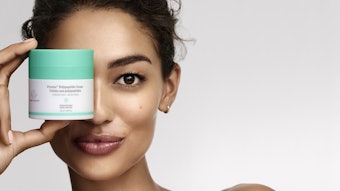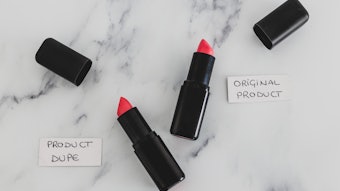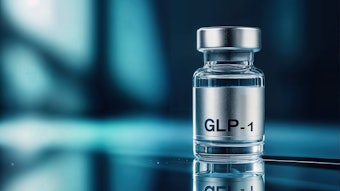
Natrue has commissioned a consumer-centric study that compiles the results of a survey carried out in Germany and France between January and February 2021, focusing on attitudes toward natural products.
Related: 2020 Online UK Beauty Market Data
This study evaluates three pillars: consumer attitudes, brand perception and seal performance. About 30 brands (conventional, nature-inspired, and natural or organic) were reviewed by the more than 1,000 participants.
Consumer Attitudes
When it comes to the naturalness of a product, German and French consumers have different factors they characterize.
For Germany, this includes:
-
Protection of animal welfare
-
Free from microplastics
-
100% natural ingredients
-
Reduced environmental impact
For France, this includes:
-
100% natural products
-
Protection from animal welfare
-
Vegan
-
Organic
In Germany, naturalness accounts for 20% of the decision-making process and is an integral choice for the consumer when it comes to purchasing a natural and organic cosmetic product.
This percentage is slightly higher in France (24%) but the use of nature-inspired brands in the French market is more than twice that of natural brands. By comparison, in Germany the use of nature-inspired brands is approximately the same as natural brands, which suggests that there is less confusion and greater distinction between these brands for German consumers.
Brand Perception
For German consumers, natural brands are strongly associated to all factors defining naturalness, particularly at formulation level (natural and organic ingredients).
However, “nature-inspired” brands are perceived by the average German consumer similarly to conventional brands, which indicates that these consumers seem to be well aware of the risk of greenwashing and differentiate between natural/organic cosmetics and nature-inspired ones.
France showed that although natural and organic brands are also associated with aspects linked to naturalness, nature-inspired brands are perceived more positively and similarly to natural and organic brands.
The confusion between nature-inspired and natural/organic products in the French market could be a result of marketing, which rather than focusing on the natural/organic cosmetic product as a whole, only highlights certain elements of a product (hero ingredients) or uses green visuals.
Seal Performance
Participants were asked to reply to a series of questions related to the level of regulation of natural and organic claims for cosmetics, the risk of greenwashing in the sector and the difficulties to understand labels and seals often used in cosmetic products.
In Germany, 12% of consumers responded that politics are too passive regarding the regulation of natural and organic cosmetics in Europe; this opinion was shared by 9% of consumers in France.
As for product labels, 61% of consumers in Germany and 71% in France see labels as insufficient to indicate alone if a product is really natural.
Approximately 90% of consumers from both markets would agree to paying more for a certified natural/organic cosmetic.










